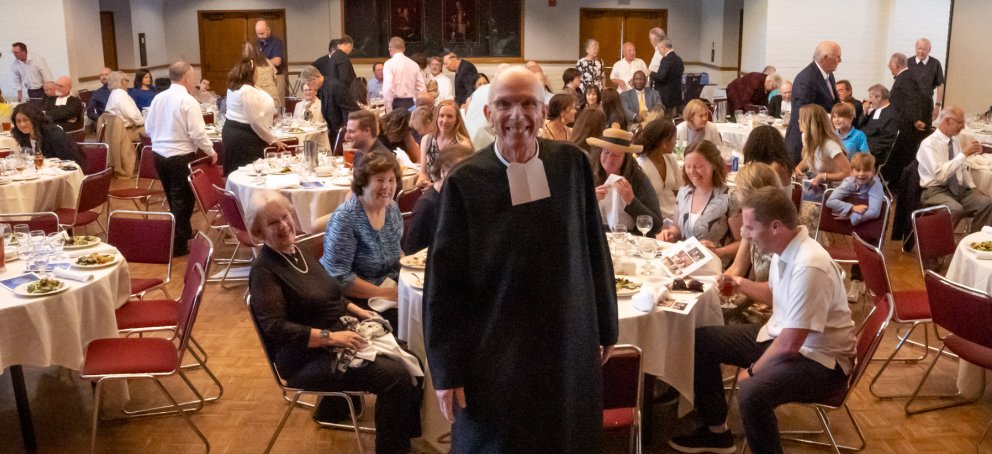Lasallian Showcase

Lasallian Educator: A Sacred Duty
In a quiet conference room of a Franciscan Brother’s retreat house in New Mexico, I sat in a prayer circle with other Lasallian educators. The organizers asked me to recite a poem authored by Archbishop Oscar Romero, “Prophets of a Future Not Our Own,” which read in part:
This is what we are about:
we plant seeds that one day will grow.
We water seeds already planted,
knowing that they hold future promise.
We lay foundations that will need further development.
We provide yeast that produces effects far beyond our capabilities.
…
We may never see the end results, but that is the difference between
the master builder and the worker.
We are workers, not master builders, ministers, not messiahs.
We are prophets of a future not our own.
Upon reading the poem I immediately added it to my daily meditation as it seemed like a natural extension to my favorite parable.
A sower went out to sow his seed: and as he sowed, some fell by the way side; and it was trodden down, and the fowls of the air devoured it. And some fell upon a rock; and as soon as it was sprung up, it withered away because it lacked moisture. And some fell among thorns; and the thorns sprang up with it, and choked it. And others fell on good ground, and sprang up, and bore fruit a hundredfold.
St. Luke 8: 5-8
As I later said to the other teachers, it was during the study of those two lessons that I realized my calling as a Lasallian educator was, in fact, a sacred duty.
During the July of 2005, through the efforts of St. Mary’s College and the Catholic Institute of Lasallian Social Action (CILSA) I attended, along with other SMC professors, the Lasallian Social Justice Institute’s Conference on Global Economic Justice in Texas, Ciudad Juarez (Mexico) and Mesilla Park, New Mexico. The first half of the week-long workshop was conducted as an immersion program in Mexico where we spoke with Mexican and Central American migrants and non-profit organizers on both sides of the Texas/Mexico border. The latter half of the week was spent in New Mexico where we attended several workshops regarding the economic realities of globalization for citizens of both Mexico and the United States; evening sessions focused upon the teaching of St. John Baptist de La Salle and our role as educators in Lasallian institutions.
As I focused on Archbishop Romero’s words and the Scripture, I began likening my teaching to that of the Sower. While the seeds of lessons I plant may immediately bloom, sprout at a later date, or simply not take root, I believe that my teaching methodologies and philosophies provide the students with the foundations necessary to learn, grow, and adapt. It my privilege to teach at a Lasallian institution where such work with students is valued and I can carry on in the spirit of St. La Salle.
Dana R. Herrera, Ph.D.
Associate Professor of Anthropology